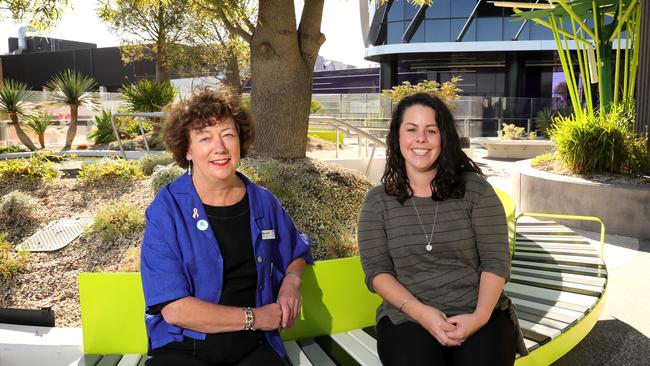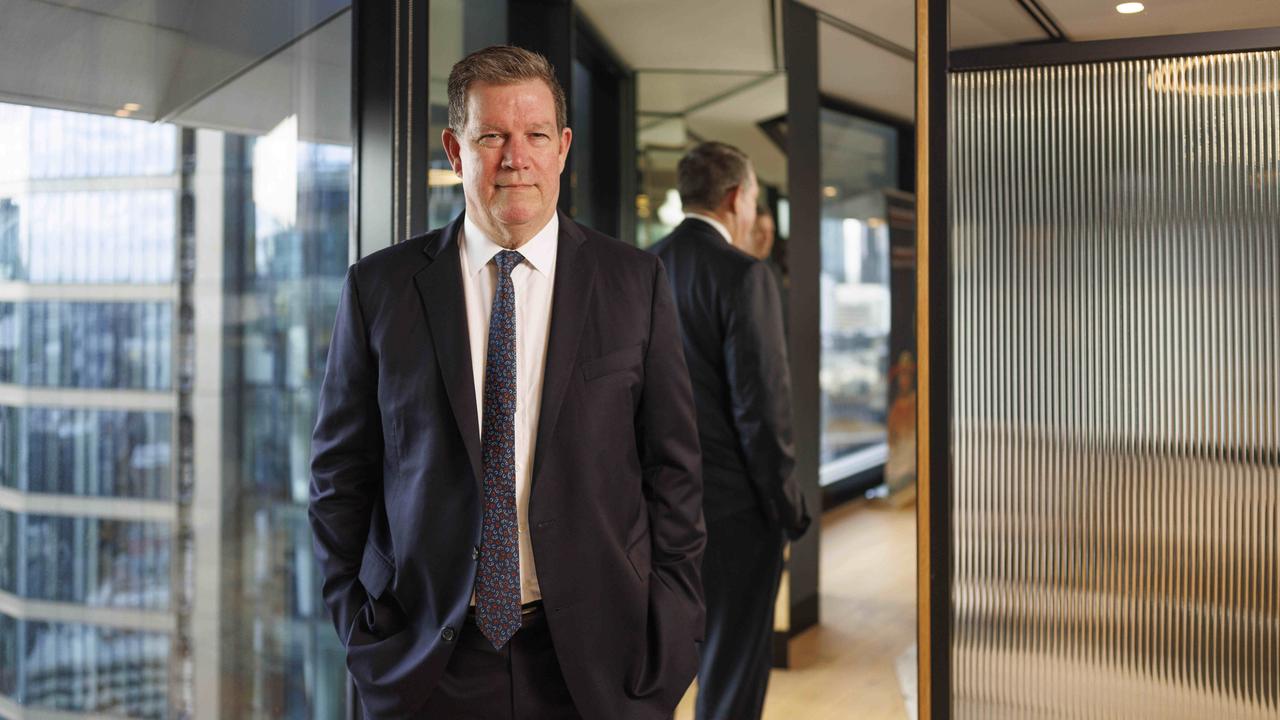Breaking the lung cancer stigma
When Rebecca Davies was diagnosed with lung cancer at 33, the first anyone asked was whether she smoked.

Australians with lung cancer are missing out on early diagnosis and potentially the best treatment plan because of the stigma around smoking attached to the deadly disease.
A new national campaign will be launched today by Lung Foundation Australia to address the issue and to call for the government to fund 25 new clinical nurse specialists.
Rebecca Davies was only 33 when she was diagnosed with lung cancer and despite her disease being linked to a chromosome mutation, the mother of three said the first question she was asked by anyone was did she smoke.
Ms Davies, who had smoked when she was younger but had quit before she had children, said at the age of 33 you were not thinking about getting lung cancer.
“It was frustrating that everybody that you speak to about lung cancer always said did you smoke … everybody wants to put that link,” she said.
“It felt like it took away from me being sick and it sounded like people were blaming.”
Despite the fact that approximately one fifth, 21 per cent, of those living with lung cancer were life-long non-smokers, almost 90 per cent of Australians believed smoking was the only lung cancer risk factor, despite other proven links including genetics, pollution and occupational exposure.
Ms Davies said attitudes had to shift because patients were dying and were not given the support needed.
“Lung cancer needs more funding and research and better non-invasive screening,” she said.
“One in four people diagnosed with lung cancer don’t receive treatment because they are being diagnosed in the late stage.”
Mark Brooke, chief executive of Lung Foundation Australia, said the stigma prevented early diagnosis, held back essential medical research funding and adversely impacted the mental and emotional well-being of those diagnosed.
Lung Foundation Australia’s campaign, FFS!, (Free From Stigma), features medical experts who treat lung cancer patients daily, including Mary Duffy, lung cancer nurse consultant at Melbourne’s Peter MacCallum Cancer Centre. She said those working in the field were heart broken at the rate they were losing patients, with more Australians dying from lung cancer than any other cancer type.
Ms Duffy said lung cancer patients were entitled to be treated in the same way as if they had any other cancer.
“We know that internationally and in Australia that there is less research dollars allocated for lung cancer research than there is for any other cancer,” she said.
“It is like patients are triply punished. They are not given empathy or sympathy in the community or by the government who hold the purse strings for research dollars.
“Those with lung cancer deserve our greatest compassion, our greatest consideration and empathy, not judgement or prejudice.”



To join the conversation, please log in. Don't have an account? Register
Join the conversation, you are commenting as Logout